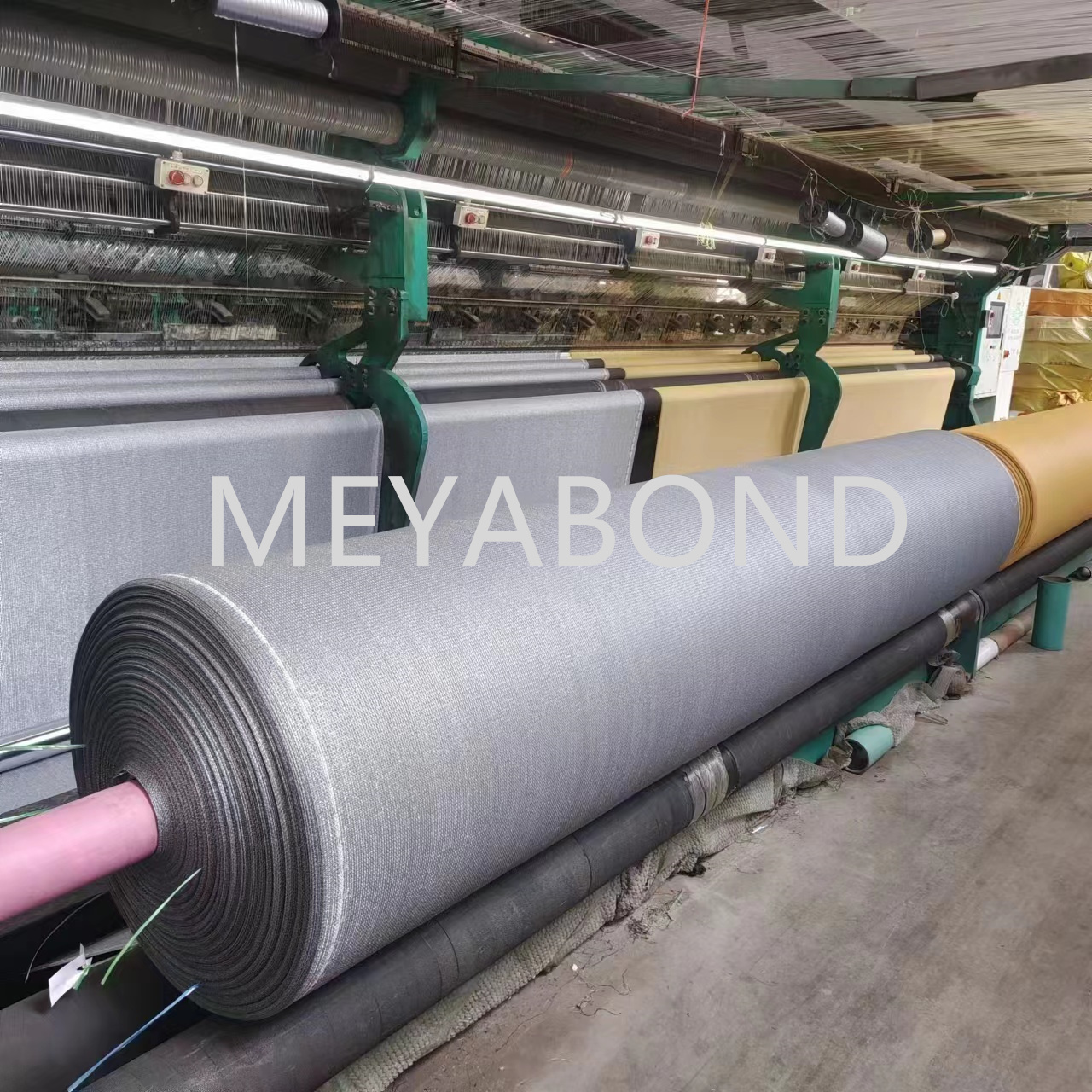Understanding Silo Sacks: A Comprehensive Guide for Agricultural Efficiency
---
Silo sacks, also known as grain bags, have become an increasingly popular storage solution in the agricultural sector. These large, flexible bags are designed to store various agricultural products, primarily grains, silage, and other bulk materials. Their versatility and effectiveness make them a valuable asset for farmers looking to optimize their storage capabilities and protect their harvest from spoilage.
One of the primary advantages of using silo sacks is their ability to preserve the quality of stored products. Unlike traditional storage methods, which can expose grains to environmental factors such as moisture and pests, silo sacks provide a sealed environment that minimizes these risks. The bags are engineered to be airtight, reducing the chances of spoilage and maintaining the nutritional value of the stored contents for an extended period.
In addition to preserving product quality, silo sacks also offer significant logistical benefits. They are lightweight and easy to handle, allowing for efficient transport and setup on-site. This flexibility is particularly beneficial during peak harvest seasons when time is of the essence. Farmers can quickly deploy silo sacks in various locations, making them an excellent choice for on-farm storage solutions.
Another crucial benefit of silo sacks is their cost-effectiveness. Compared to traditional storage facilities, silo sacks require less initial investment and maintenance. They can be deployed quickly and removed easily when no longer needed, which minimizes long-term costs associated with permanent structures. Moreover, their portability means that farmers can adapt their storage strategies based on changing needs or crop yields.
When utilizing silo sacks, it is essential to implement best practices to maximize their effectiveness. First, ensure that the bags are filled properly, without overpacking, to allow for air circulation. This practice will help prevent condensation buildup, which can lead to spoilage. Moreover, it’s crucial to monitor the storage environment, regularly checking for any signs of pest infestation or damage to the sacks.
Farmers should also consider employing moisture control technologies, such as moisture testing and drying systems, to ensure that the grain being stored has the appropriate moisture content. Proper moisture levels are vital to preventing spoilage and maintaining the quality of the stored product.
In conclusion, silo sacks represent a modern solution for agricultural storage challenges. Their ability to preserve product quality, enhance efficiency, and reduce costs makes them an invaluable tool for farmers. By adopting best practices in their use, agricultural professionals can significantly improve their storage strategies, ensuring that their harvests remain safe and high-quality for as long as possible. Embracing innovative storage solutions like silo sacks can lead to enhanced sustainability and productivity in the agriculture sector.
Silo sacks, also known as grain bags, have become an increasingly popular storage solution in the agricultural sector. These large, flexible bags are designed to store various agricultural products, primarily grains, silage, and other bulk materials. Their versatility and effectiveness make them a valuable asset for farmers looking to optimize their storage capabilities and protect their harvest from spoilage.
One of the primary advantages of using silo sacks is their ability to preserve the quality of stored products. Unlike traditional storage methods, which can expose grains to environmental factors such as moisture and pests, silo sacks provide a sealed environment that minimizes these risks. The bags are engineered to be airtight, reducing the chances of spoilage and maintaining the nutritional value of the stored contents for an extended period.
In addition to preserving product quality, silo sacks also offer significant logistical benefits. They are lightweight and easy to handle, allowing for efficient transport and setup on-site. This flexibility is particularly beneficial during peak harvest seasons when time is of the essence. Farmers can quickly deploy silo sacks in various locations, making them an excellent choice for on-farm storage solutions.
Another crucial benefit of silo sacks is their cost-effectiveness. Compared to traditional storage facilities, silo sacks require less initial investment and maintenance. They can be deployed quickly and removed easily when no longer needed, which minimizes long-term costs associated with permanent structures. Moreover, their portability means that farmers can adapt their storage strategies based on changing needs or crop yields.
When utilizing silo sacks, it is essential to implement best practices to maximize their effectiveness. First, ensure that the bags are filled properly, without overpacking, to allow for air circulation. This practice will help prevent condensation buildup, which can lead to spoilage. Moreover, it’s crucial to monitor the storage environment, regularly checking for any signs of pest infestation or damage to the sacks.
Farmers should also consider employing moisture control technologies, such as moisture testing and drying systems, to ensure that the grain being stored has the appropriate moisture content. Proper moisture levels are vital to preventing spoilage and maintaining the quality of the stored product.
In conclusion, silo sacks represent a modern solution for agricultural storage challenges. Their ability to preserve product quality, enhance efficiency, and reduce costs makes them an invaluable tool for farmers. By adopting best practices in their use, agricultural professionals can significantly improve their storage strategies, ensuring that their harvests remain safe and high-quality for as long as possible. Embracing innovative storage solutions like silo sacks can lead to enhanced sustainability and productivity in the agriculture sector.
Key words:
Related News
CONTACT US
Email: sales8@meyabond.com
Tel: +8618911966213
No.3 Yard, ZhongHe Road, 100071,FengTai District, Beijing, China
Email: sales6@meyabond.com
Tel: +8618911963856
No.3 Yard, ZhongHe Road, 100071,FengTai District, Beijing, China
















